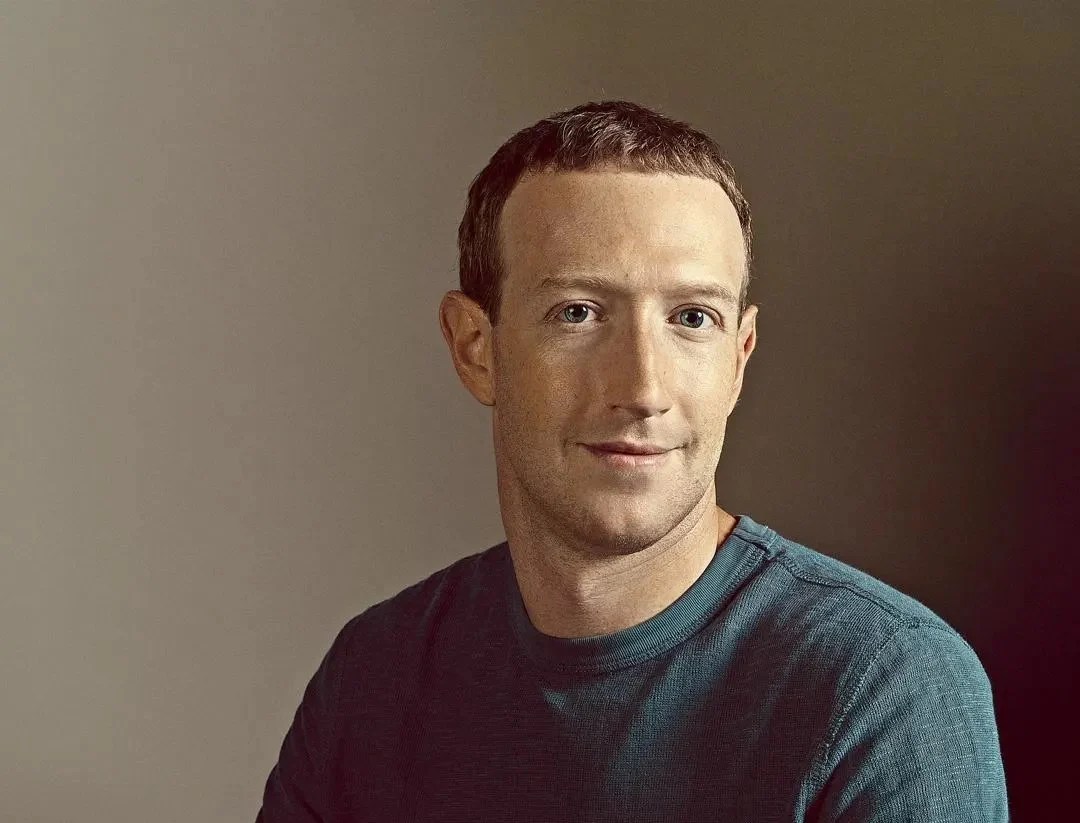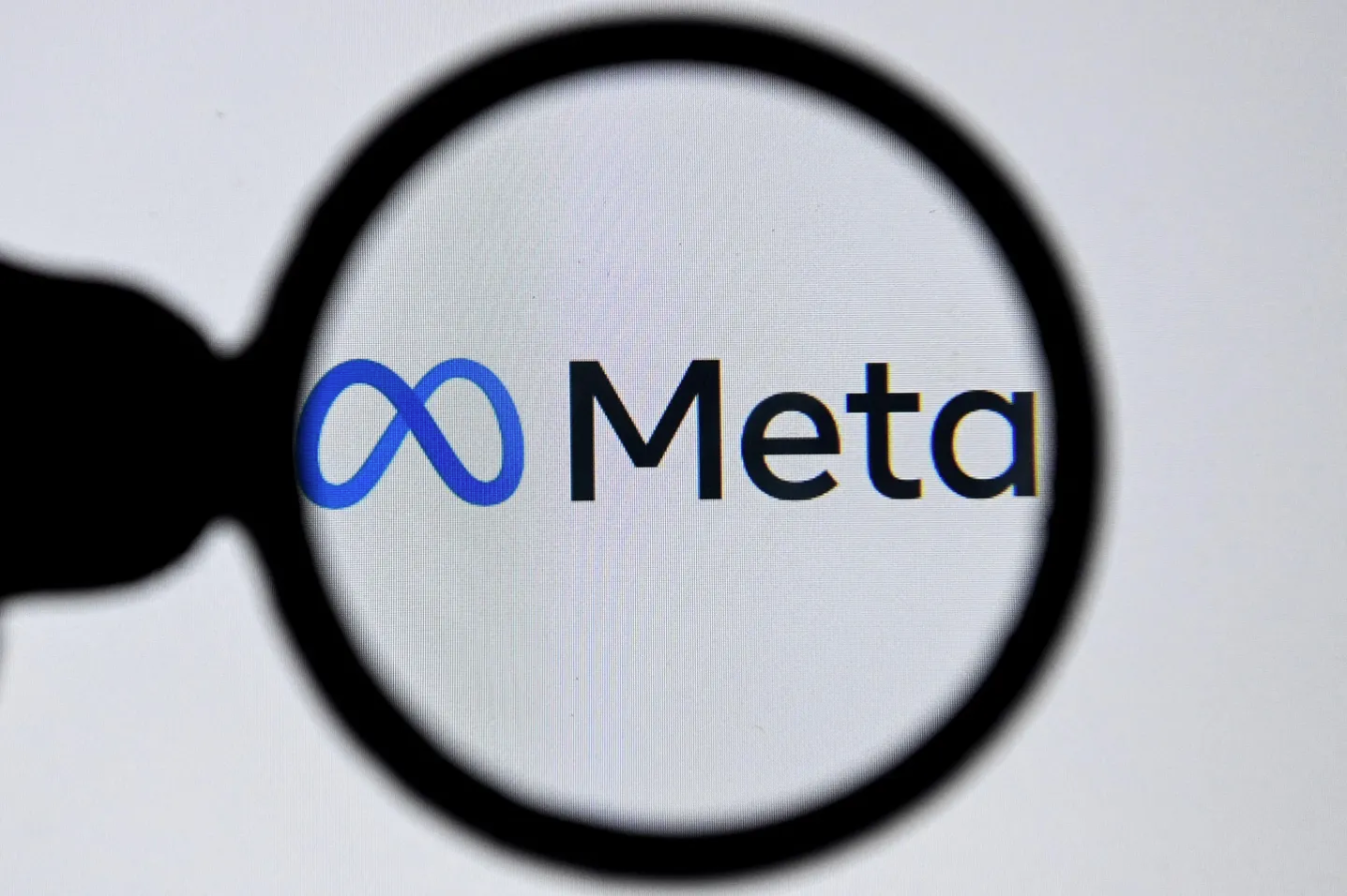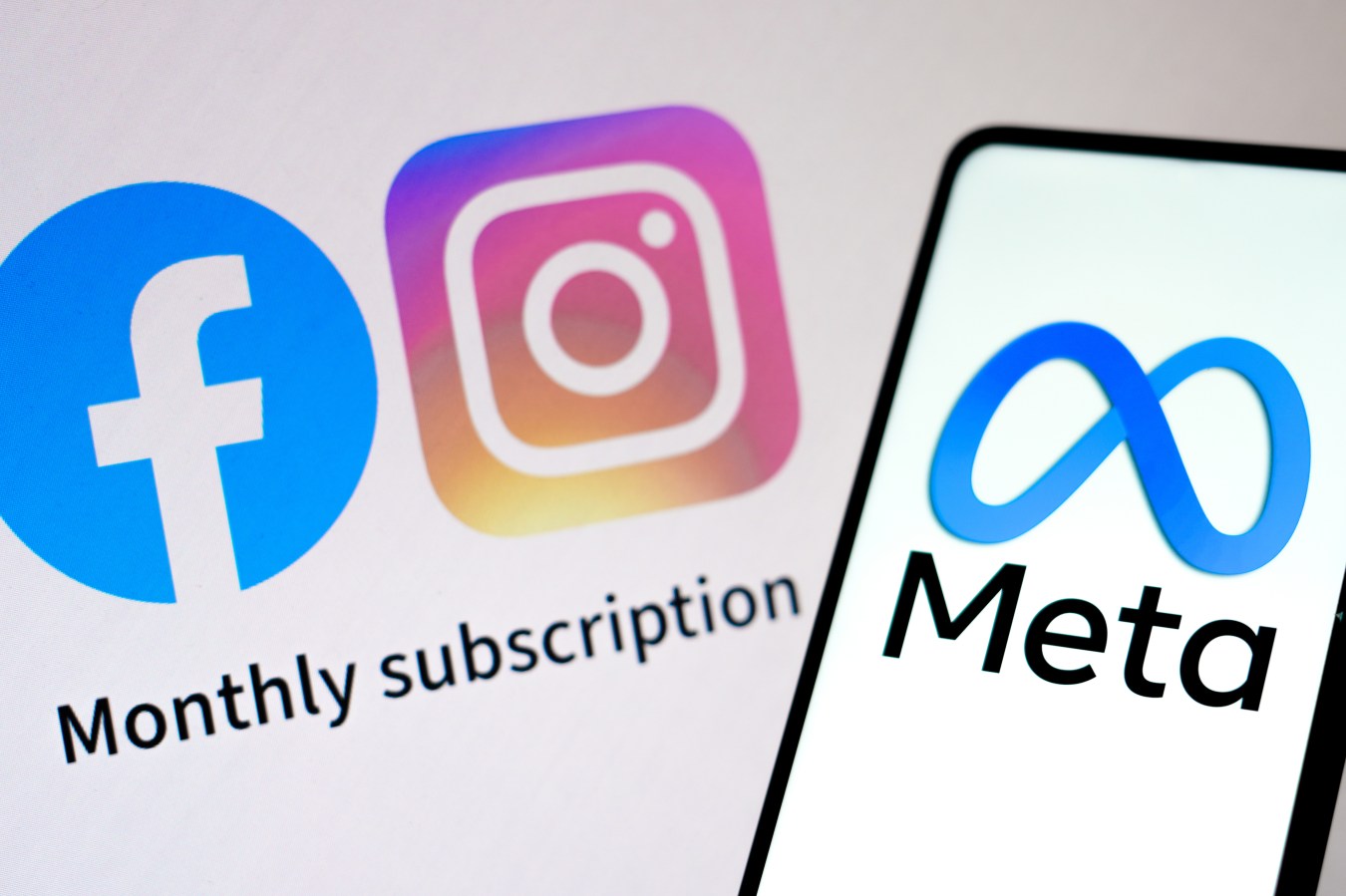A former Harvard University scholar claims the school shut down her research on disinformation to appease Meta and its Harvard-alum founder Mark Zuckerberg, whose charitable foundation had committed a $500 million donation to the university, according to a new whistleblower complaint bound to drive discourse about the influence of Big Tech companies and the challenges facing efforts to thwart misinformation campaigns across social media.

FILE – Attendees visit the Meta booth at the Game Developers Conference 2023 in San Francisco on March 22, 2023. (AP Photo/Jeff Chiu, File)
Copyright 2023 The Associated Press. All rights reserved
Key Takeaways
- The organization Whistleblower Aid sent a 248-page complaint outlining the allegations in detail to the Department of Education and the Massachusetts Attorney General’s Office, as first reported by the Washington Post.
- Joan Donovan, an expert on media manipulation and online extremism, worked for Harvard as the head of a Kennedy School task force looking into media manipulation from 2018 until this past August, when the school disbanded the task force.
- But in her complaint, Donovan claims that university officials began stifling her research as she began work on the 2021 “Facebook Papers,” a trove of leaked documents outlining Meta’s controversial content moderation practices, after Zuckerberg and his wife Priscilla Chan’s organization, the Chan Zuckerberg Initiative, committed $500 million to Harvard for work on artificial intelligence that same year.
- Harvard shut down the task force and ended Donovan’s employment in 2023, and she now works at Boston University.
- Forbes has reached out to Meta and the Chan Zuckerberg Initiative for comment.
Contra
In a lengthy statement to Forbes, James Francis Smith, a spokesperson for Harvard’s Kennedy School strongly denied Donovan’s claims. “The narrative is full of inaccuracies and baseless insinuations, particularly the suggestion that Harvard Kennedy School allowed Facebook to dictate its approach to research.”
Smith said that Donovan’s task force was wound down over the course of a year after the original faculty leader of the project left the school. All such projects need faculty leaders, Smith said, and Donovan was not faculty but staff. Further, Smith noted that Donovan was not fired, and that most of the research team chose to remain at Harvard in new roles. Smith noted that the Kennedy School has continued to carry out research on manipulation and the role of social media, including the recently published Facebook Archive, produced by a Harvard faculty member.
Key Background
Donovan is a well-known name in the world of misinformation research, having testified before Congress on online media manipulation in 2020. The shuttering of the task force and Donovan’s departure this past summer raised alarm from her peers at the time, but the circumstances behind her departure have remained hazy.
The complaint comes as social media and big tech companies continue to wrestle with the challenge of misinformation and organized media manipulation. Just last week, Meta announced it shut down thousands of inauthentic accounts originating from China that were apparently created to polarize U.S. voters.
The company has also been dealing with the fallout of a Wall Street Journal investigation that found that Meta-owned Instagram has enabled pedophile accounts and pushed inappropriate content sexualizing children.
The “Facebook Papers” of 2021 suggested at the time that Meta didn’t always enforce its content moderation practices consistently and failed to take action against problematic accounts. Facebook at the time defended its practices, with Zuckerberg calling the disclosure “a coordinated effort to selectively use leaked documents to paint a false picture of our company.”
Crucial Quote
“The mood changed overnight,” Donovan said in a statement about how Harvard treated her research after the Chan Zuckerberg Initiative’s donation. “The work we were doing turned from a source of pride for Harvard into a source of shame.” On X on Monday, Donovan added that she was “breaking my silence” and hoped colleagues and the public would support her.
This article was first published on forbes.com and all figures are in USD.,


